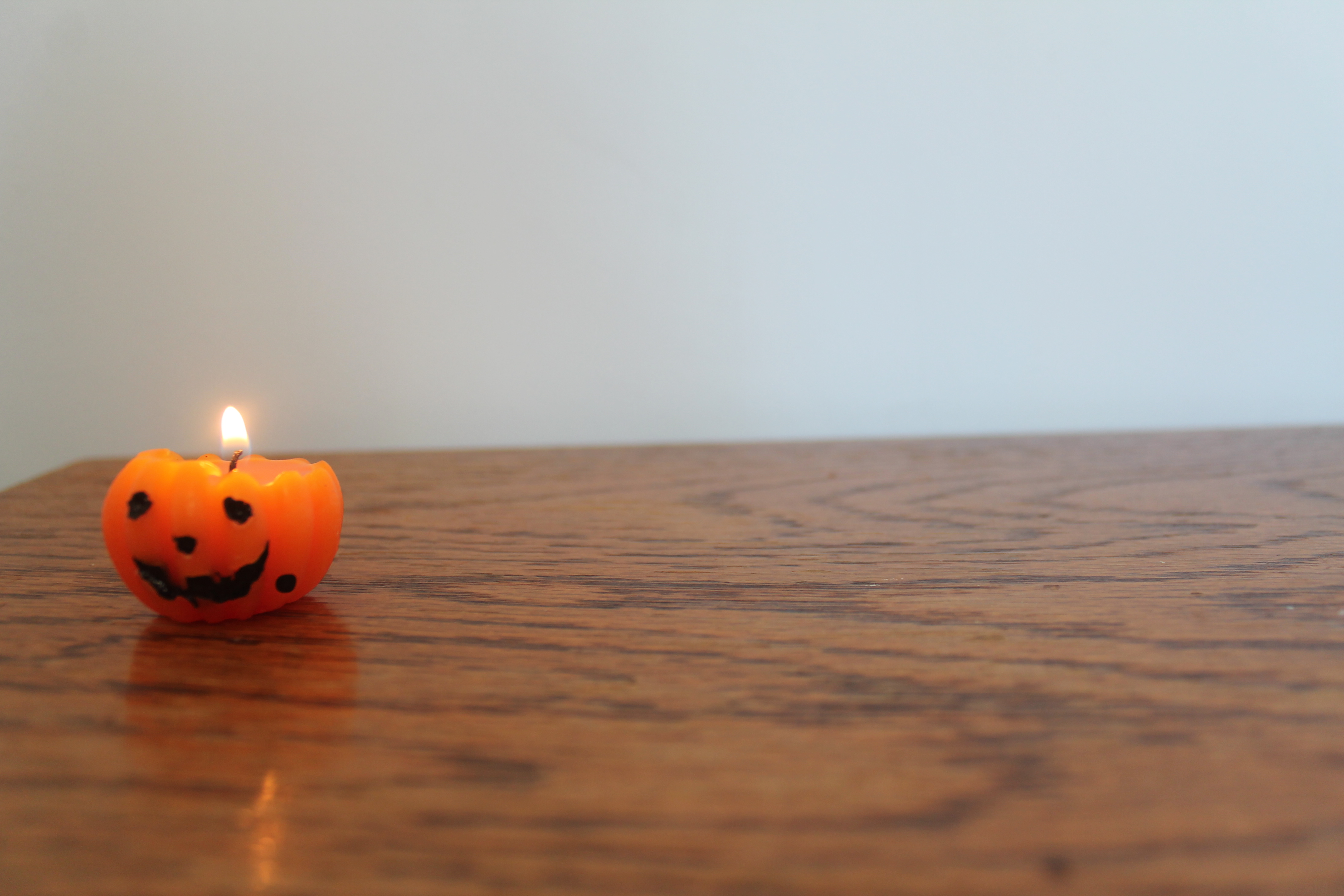It’s October – the spookiest of months – we’re getting into the spirit of things here at Wordfish (pun most definitely intended) and today we are going to explore some of the words that surround Halloween.
Many of our modern-day Halloween traditions stem from pagan customs and beliefs and have been linked to the Gaelic festival of Samhein, the Welsh Nos Galan Gaeaf and the Cornish Nos Kalan Gwav. These events celebrate the start of winter on November 1 and the night preceding is seen as a time when the boundary with the otherworld becomes indistinct, letting spirits enter.
Halloween is also linked to the Christian celebration of All Hallow’s Eve, and in fact the word Halloween or Hallowe’en is a contraction of the Scottish term Allhalloween.
Festivals throughout the ages included many activities that are recognisable today. Bonfires were burned to ward away evil spirits and ducking for apples was another popular pursuit. Although the earliest reference to “trick or treating” comes from the 1920s, its roots can be found in the medieval customs of mumming and guising, where people would go from house to house in costume, performing verses and songs for food. Another precursor of trick or treating is souling, a Christian practice where soul cakes were given in exchange for prayers.
Jack-o’-lanterns, the carving of lanterns out of pumpkins or turnips, are another long-lasting tradition. Spookily, the word jack-o’-lantern was originally another term to describe the will-o’-the-wisp (an atmospheric ghost light sometimes seen over marshes or swamps at night) which were associated with malevolent spirits who tried to lure travellers to their deaths. The Jack and Will in these words are actually proper nouns, referring to unfortunate protagonists of folk-tales, doomed to haunt the swamps and bogs with a lantern (a wisp is a bundle of hay or straw used as a torch).
Although it is becoming an increasingly commercialised holiday, it is clear Halloween still retains many of the themes and rituals that have been associated with it since its Celtic beginnings and these can be seen in the words that surround it. Check back next week for another Halloween post!

